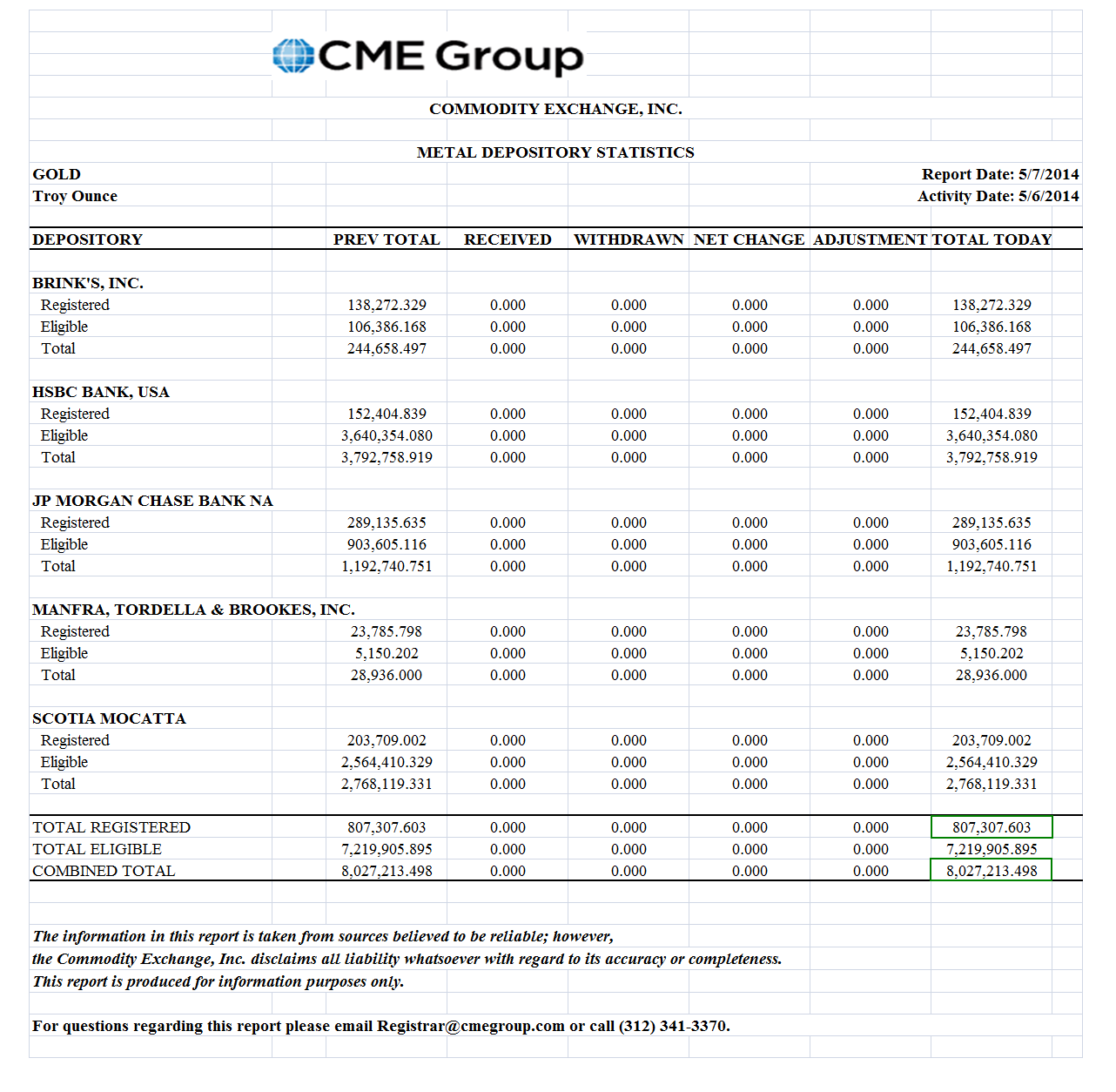And this sort of egregious behaviour from a 'regulator.' They argue out of both sides of their mouths whether Goldman is a 'bank' or not, in order to get what they want for... Goldman.
The Fed is not a government agency, but a privately owned creature of the very Banks whom it is charged to regulate and restrain.
And as we have seen, over and over again, the Fed is not part of the solution, but has become very much a part of the problem in distorting the banking system in favour of a few powerful financial interests.
A Mangled Case of Justice on Wall Street
By Pam Martens
May 8, 2014
On October 10, 2013, bank examiner Carmen Segarra and her attorney, Linda Stengle of Boyertown, Pennsylvania, took on one of the mightiest and interconnected institutions on Wall Street: the Federal Reserve Bank of New York. They relied on the Federal court system, funded by the taxpayer, and a fair and impartial judge to level the playing field. Things got off to a promising start.
Segarra was a bank examiner at the Federal Reserve Bank of New York, a key regulator of Wall Street banks. She charged in her lawsuit that when she turned in a negative assessment of Goldman Sachs, she was bullied and intimidated by colleagues at the New York Fed to change her findings.
When she refused, she was terminated from her job in retaliation and escorted from the Fed premises, according to her lawsuit...
Read the entire story here.
Related: Judge Tosses Lawsuit of Fired NY Fed Examiner




















































